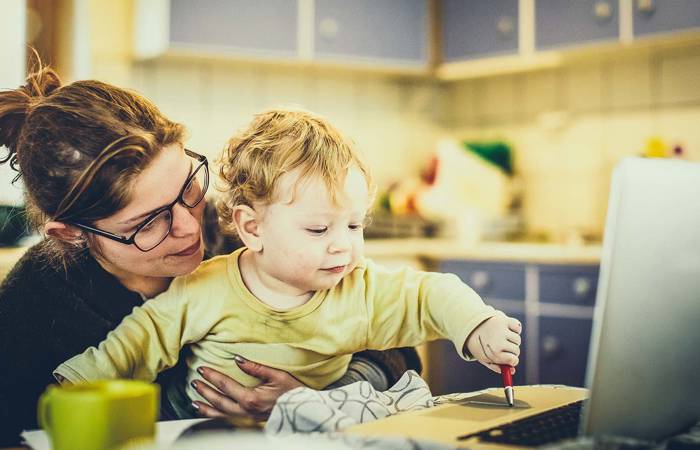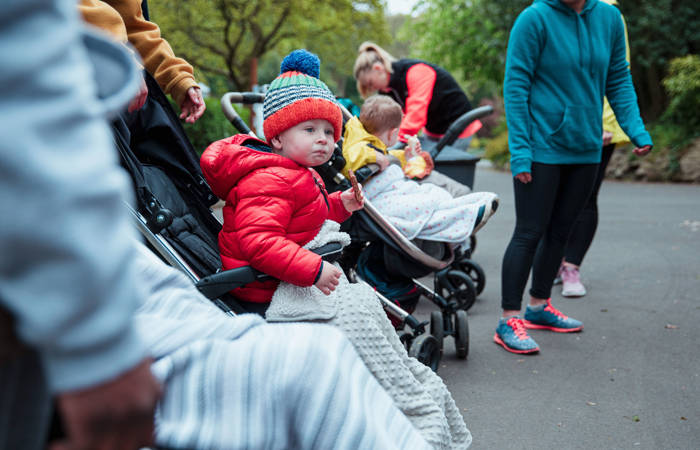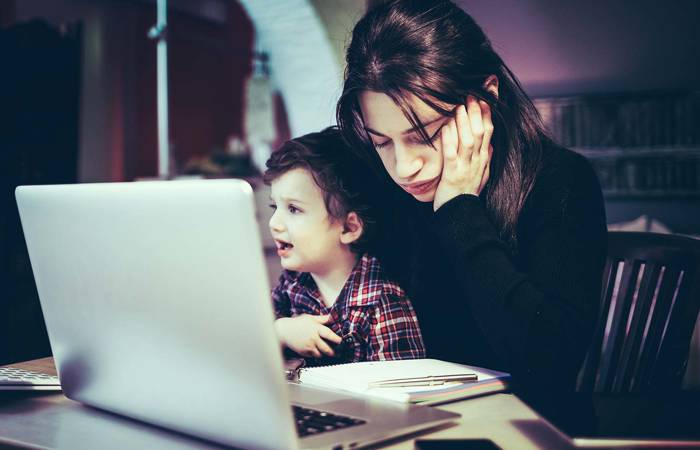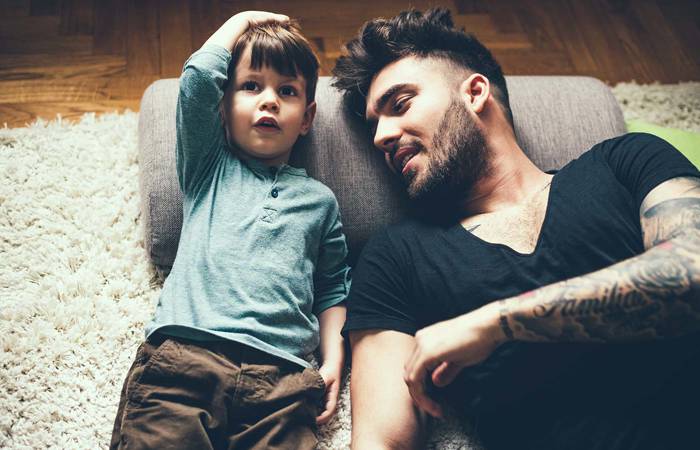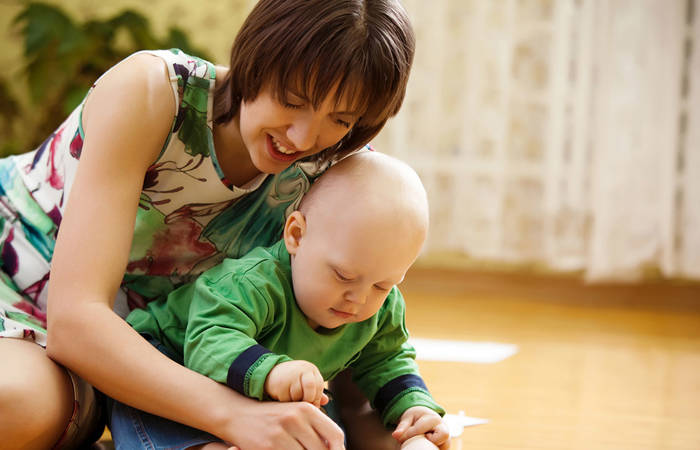Like what you see?
Sign up to receive more free parenting advice.
Thank you for subscribing to our newsletter!
Child Development
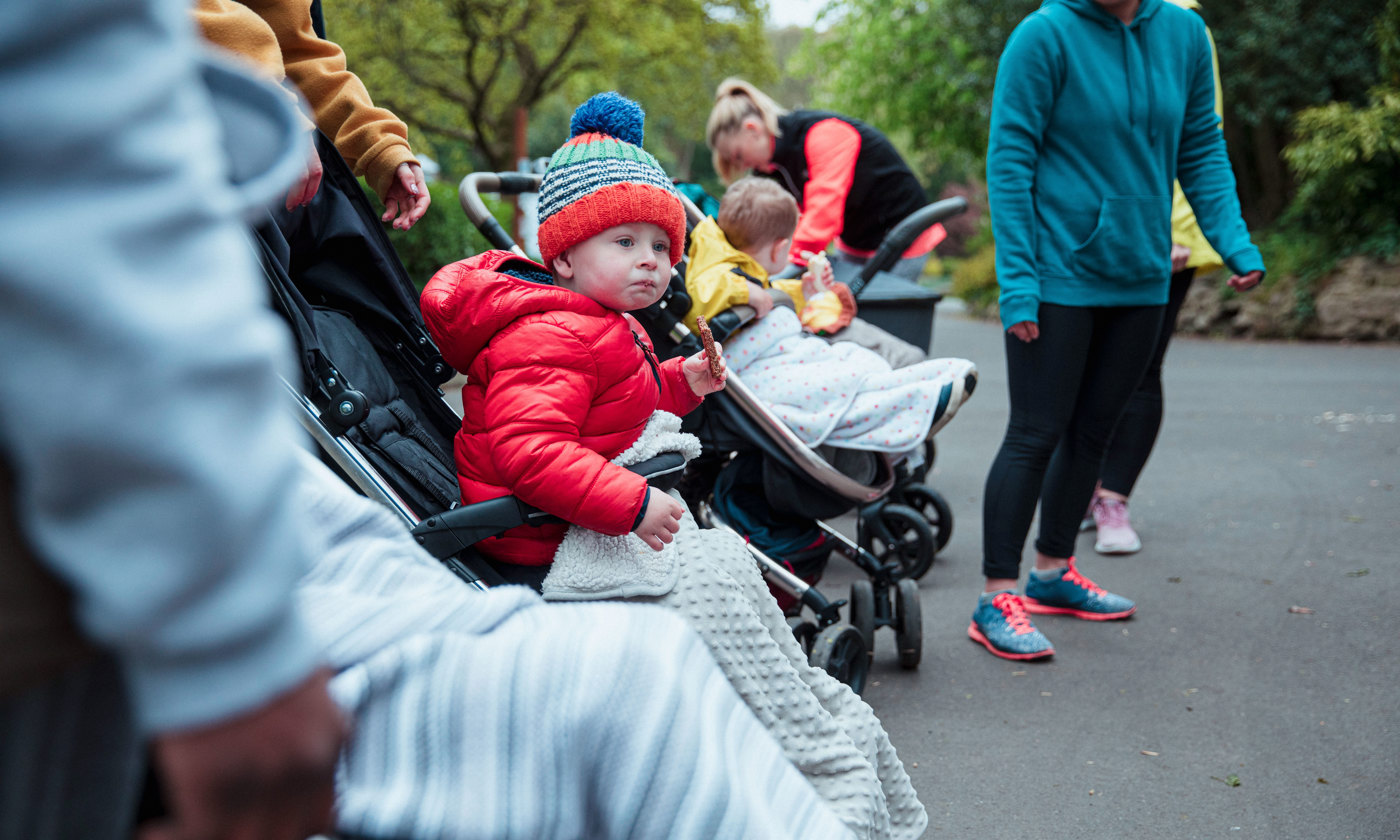
Credit: iStock.com/SolStock
Does it always feel like there is someone who thinks they can do a better job of parenting your child than you?
If it gives you any comfort, you aren’t alone.
A study1 has found that in a sample of Australian parents, almost half reported having felt shamed for their parenting approach. The survey revealed that over 5.8 million Australian parents (45%) admit that they have felt directly shamed for their parenting approach, with nearly three million of those (50%) saying that it happens at least once a month and over one million (20%) experiencing it at least once a week.
Unfortunately, parent shaming is not new.
Dr Amy Conley Wright, Director of the Research Centre for Children and Families at The University of Sydney, says that parent shaming took off mid-20th century after the emergence of parenting advice books.
“Around the end of World War II, where you started to see prominent books about parenting, such as Dr. Spock’s book in 1946, people were trying to be more scientific about parenting and people were trying to be more mindful of their parenting but this then makes everyone critical of other people’s parenting,” she explains.
“There was an emergence of the right and the wrong way to parent.”
Another finding from the study is that 70 per cent of parents believe that parent shaming is getting worse.
Dr Conley Wright points to the increase in parenting in public, both online and in real life, compared to previous generations.
“Today, children are spending more of their non-school time in organised activities, and therefore, have more time in public,” she says.
“If you have your child in a lot of activities, you are parenting them in public more, which gives the broader community more opportunity to see your parenting and also more opportunity to criticise or judge your parenting.”
She also adds that parents' public online parenting through social media has contributed to their internal sense of shame.
“There is a trend for parents to create their identity as parents through photos and stories on social media that really casts them in a soft glow,” Dr Conley Wright says.
“You never see the dirty child, or the melt downs, or the hard days, just this really pretty version of parenting and this can cause other parents to judge themselves and their parenting harshly.”
The problem with all this judgement, Dr Conley Wright suggests, is that it stems from parenting increasingly being an individualised role within some cultures, like Anglo-Australia, instead of a collective responsibility.
“People who are offering comments and criticism, while they may mean well, they are not sharing in that collective responsibility of raising a child and it is experienced as offering unwanted advice,” she says.
“Society puts a very heavy burden of raising children on the shoulders of parents, particularly mothers, when there really should be a collective responsibility towards raising children.”
If you have your child in a lot of activities, you are parenting them in public more, which gives the broader community more opportunity to see your parenting and also more opportunity to criticise or judge your parenting.Dr Amy Conley Wright
Stay up to date with the latest news and articles from First Five Years
Thank you for subscribing to our newsletter!
What are parents being shamed for?
“Parents are being held responsible for children’s behaviour in the moment when you don’t have any context about that behaviour,” says Dr Conley Wright.
“You don’t know if that child has an invisible disability or a development delay of some kind, and you don’t know if that child is hungry, or had a bad day, or didn’t sleep well.
“People may see a child’s behaviour, like a tantrum at a grocery store, and people will hold that parent responsible for that behaviour in that moment and it’s not really fair.”
The study found that parents are often shamed for their approach to discipline (44 per cent), their child’s behaviour (43 per cent), their child’s amount of screen time (34 per cent) or being a working parent (29 per cent).
For new parents, the study found they were most likely to be shamed for breastfeeding in public, their use of child care and their diet during pregnancy.
In a 2017 US study, which examined the impact of parent shaming on mothers with children under the age of five, the findings were consistent.
Discipline was the most frequent parenting criticism (70 per cent), followed by diet/nutrition (52 per cent), sleep (46 per cent), breast vs bottle feeding (39 per cent), safety (20 per cent) and childcare (16 per cent).
An interesting finding from the Australian study, is that mothers were more likely to have felt shamed than fathers.
“Even though the amount of time fathers spend parenting their children is increasing, there is still a societal expectation that the mother is the primary parent and that the father is the ‘nice to have’,” explains Dr Conley Wright.
The impact of parent shaming
While the study found that those critiquing parents mostly had the best intentions, for example wanting to support new parents or to share words of wisdom based on experience, judgement and unrealistic expectations can negatively impact a parent’s mental health.
Dr Conley Wright says having ideals of perfect parenting, can lead to a loss of confidence in our own skills.
“So, if a parent tells themselves things like they aren’t good at supporting their child, or they aren’t reading to them every day when they feel they should be, the belief in themselves as capable parents can diminish.
“It can undermine their parenting by believing they aren’t good enough.
“For example, if you have a bad day, you can either say, ‘it was a bad day, tomorrow will be better, we are going through a rough patch’, or you can say, ‘I’m not a good parent’.”
A third of parents in the study admitted to questioning their own abilities as a parent and reported having increased anxiety levels.
Nearly one in ten sought professional support for their mental health due to being shamed.
Dr Conley Wright recommends the concept of ‘good enough’ parenting.
“Parents don’t need to beat themselves up if they aren’t giving their children the maximum every day,” she advises.
“If you are doing ‘good enough’ parenting, so you are looking after them, they are being fed, sleeping, you are attune to their needs, you are listening to them, it’s good enough.
“You don’t need a gold star in everything, every day.”
1 In January 2020, Huggies Australia commissioned research with independent market research agency Ruby Cha Cha to uncover the extend of parent shaming in Australia. 1,035 parents who live at home with children aged 0-12 in Australia were surveyed responding to questions about parent shaming looking at its frequency, its impact, the things parents are shamed for, and the intentions.
Video Gallery
See all videosUnderstanding how children's brains develop
"Children need happy healthy parents. I think what we should do is think about parenting in terms of whether we're providing good enough parenting as opposed to whether we're providing perfect parenting." Dr Jack Shonkoff, Center Director, Harvard University Center for the Developing Child.
Understanding how children's brains develop
"Children need happy healthy parents. I think what we should do is think about parenting in terms of whether we're providing good enough parenting as opposed to whether we're providing perfect parenting." Dr Jack Shonkoff, Center Director, Harvard University Center for the Developing Child.



